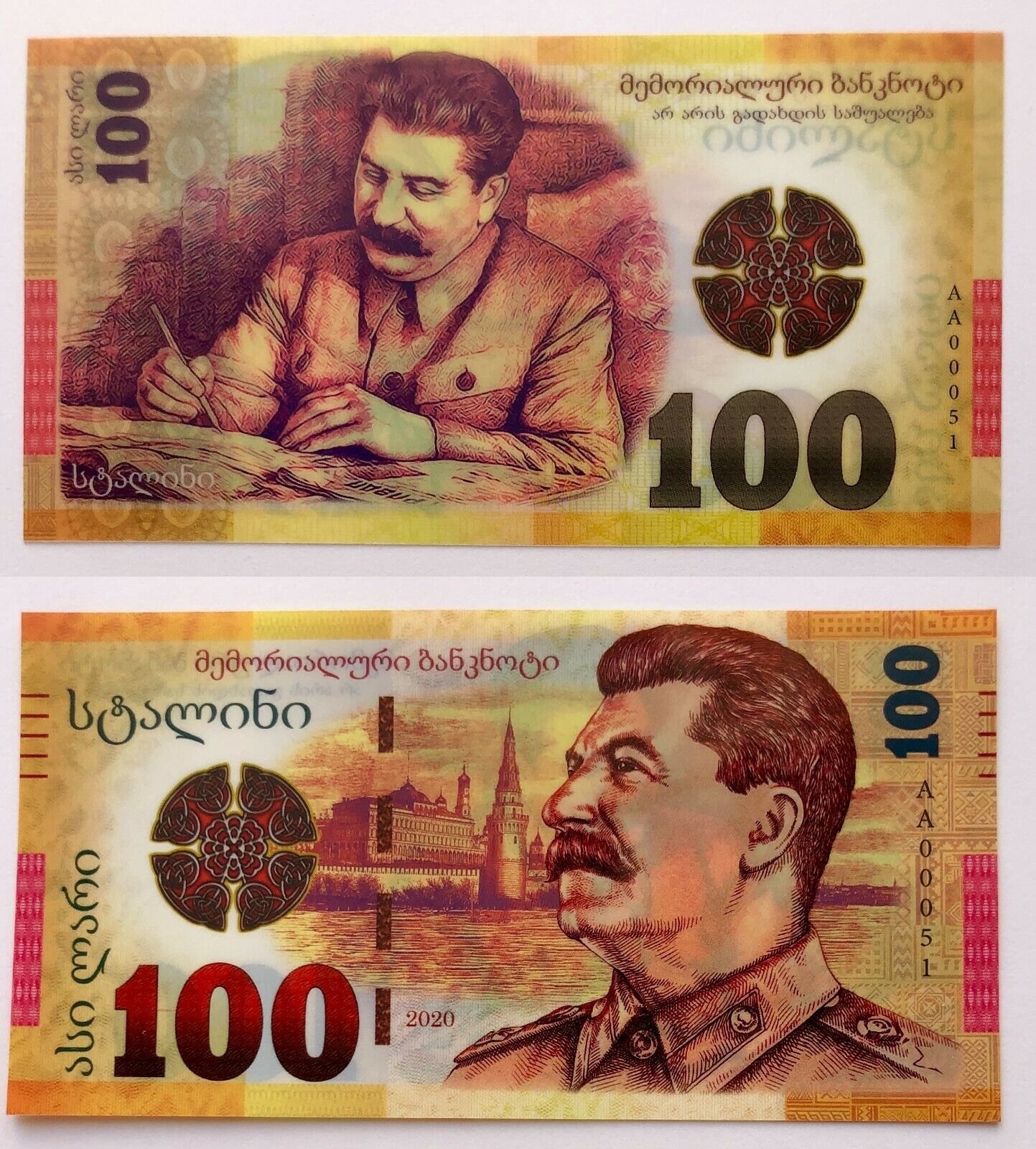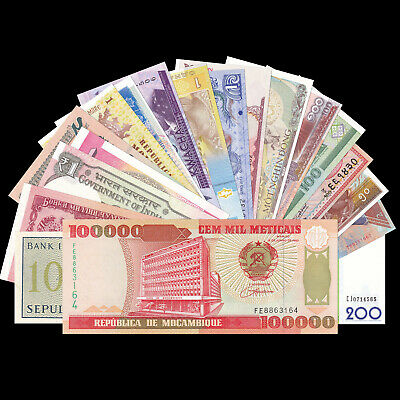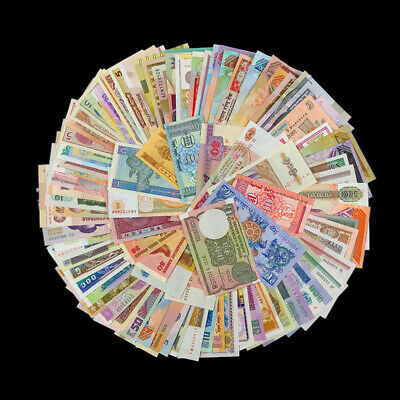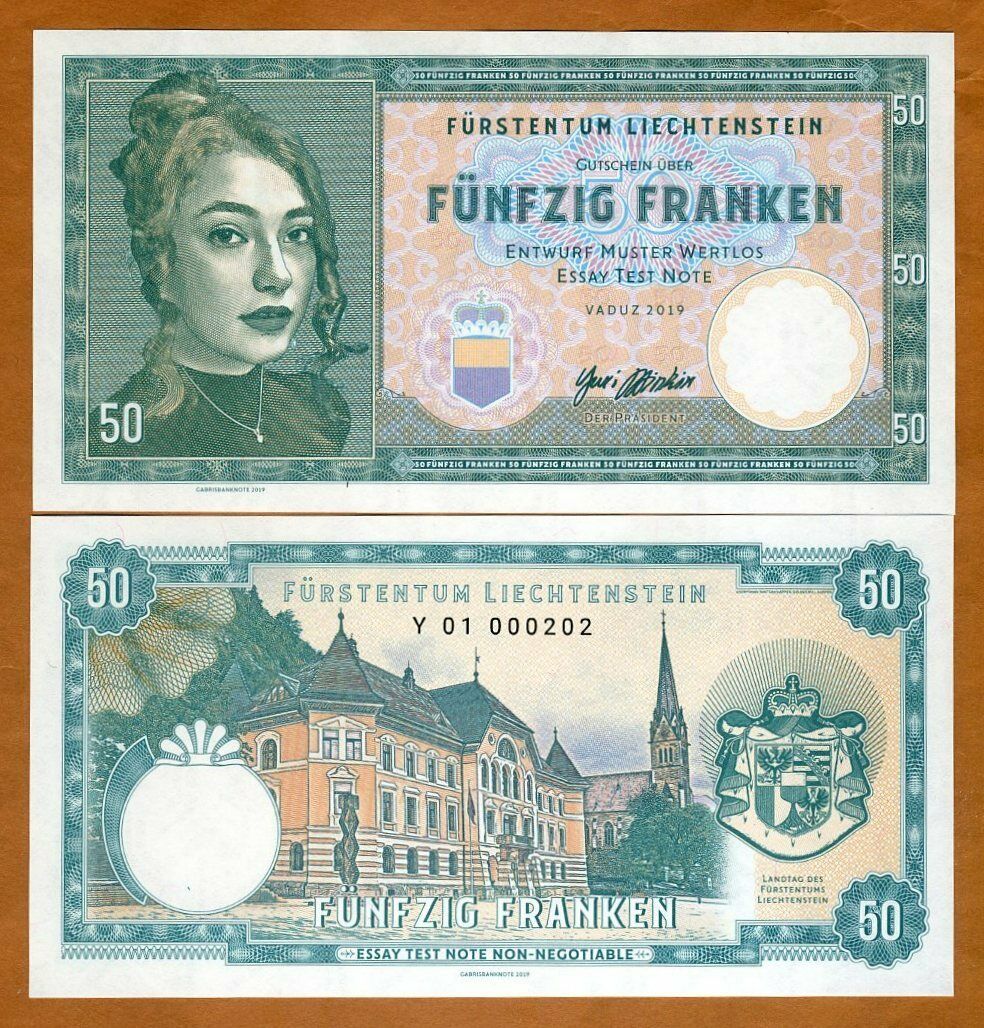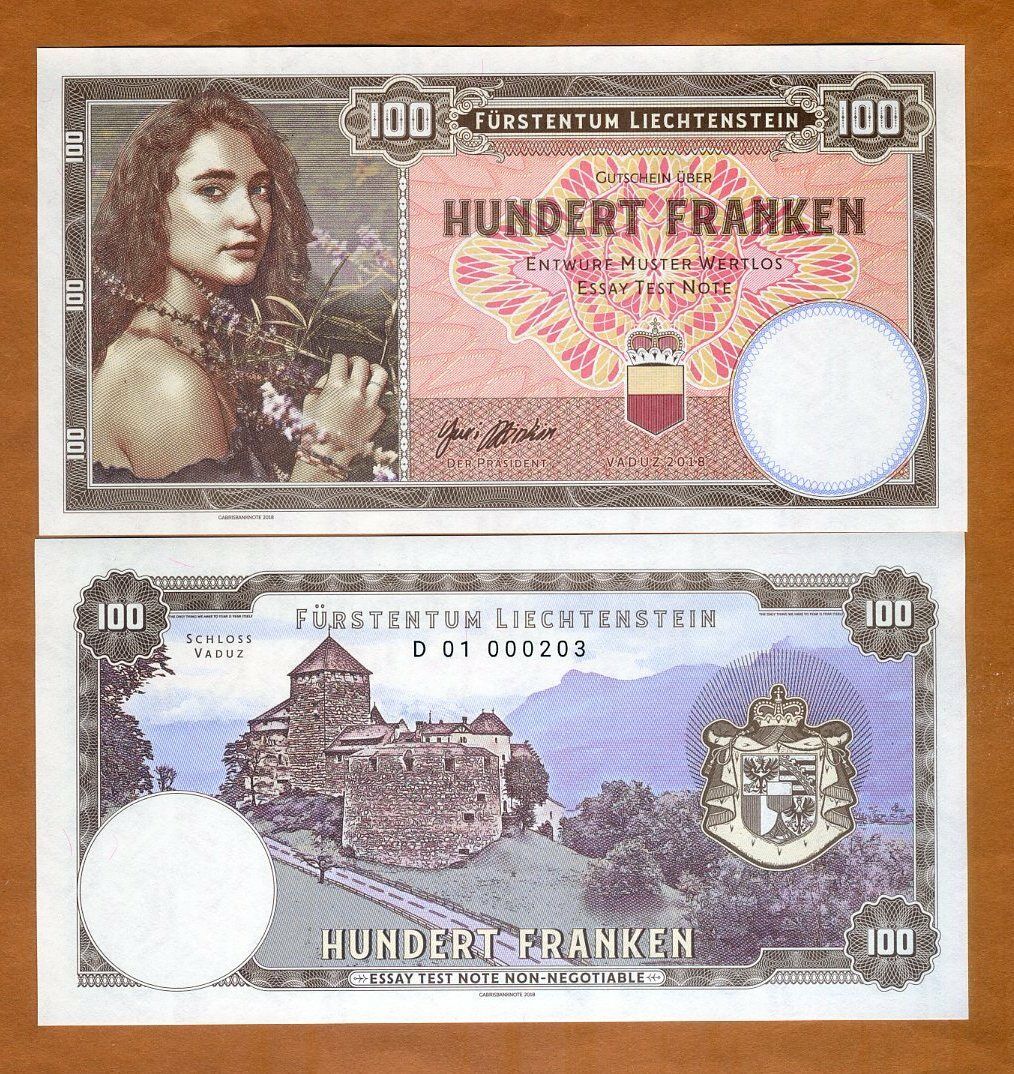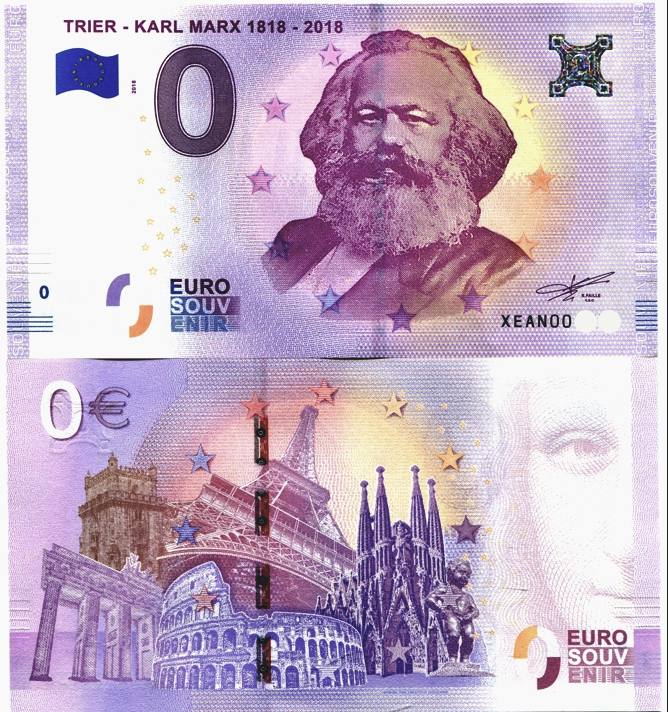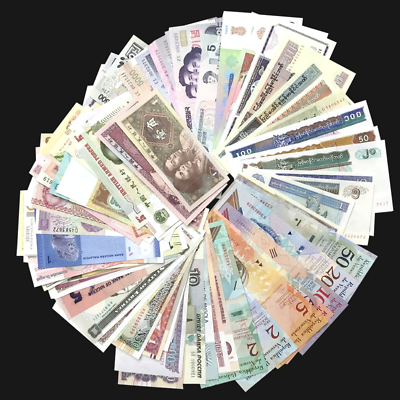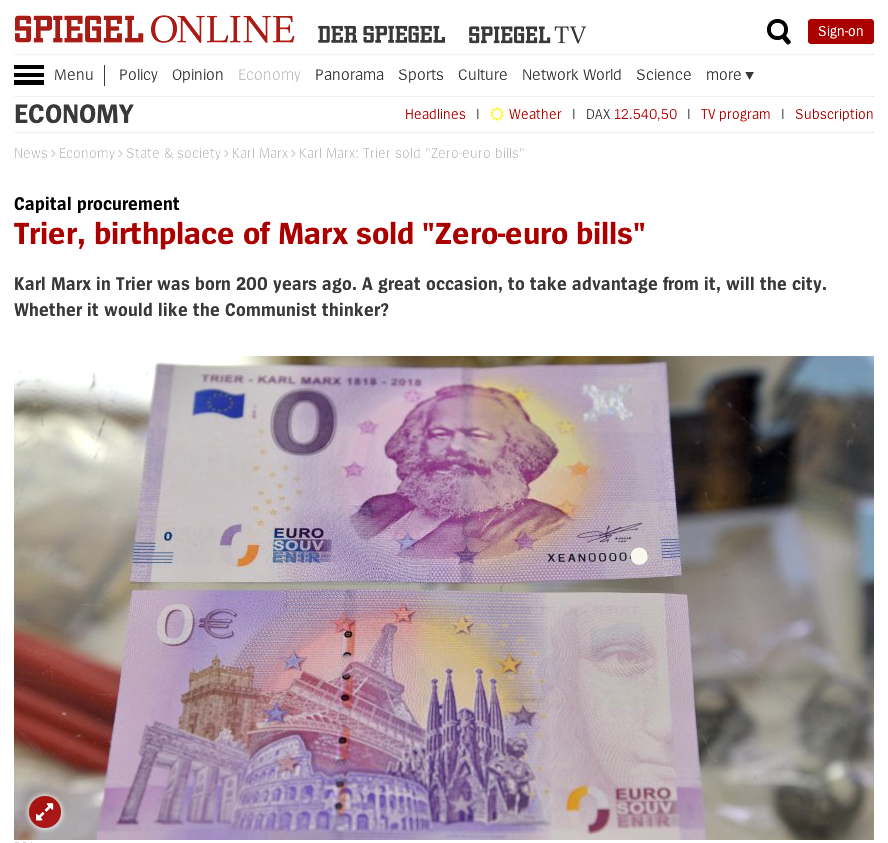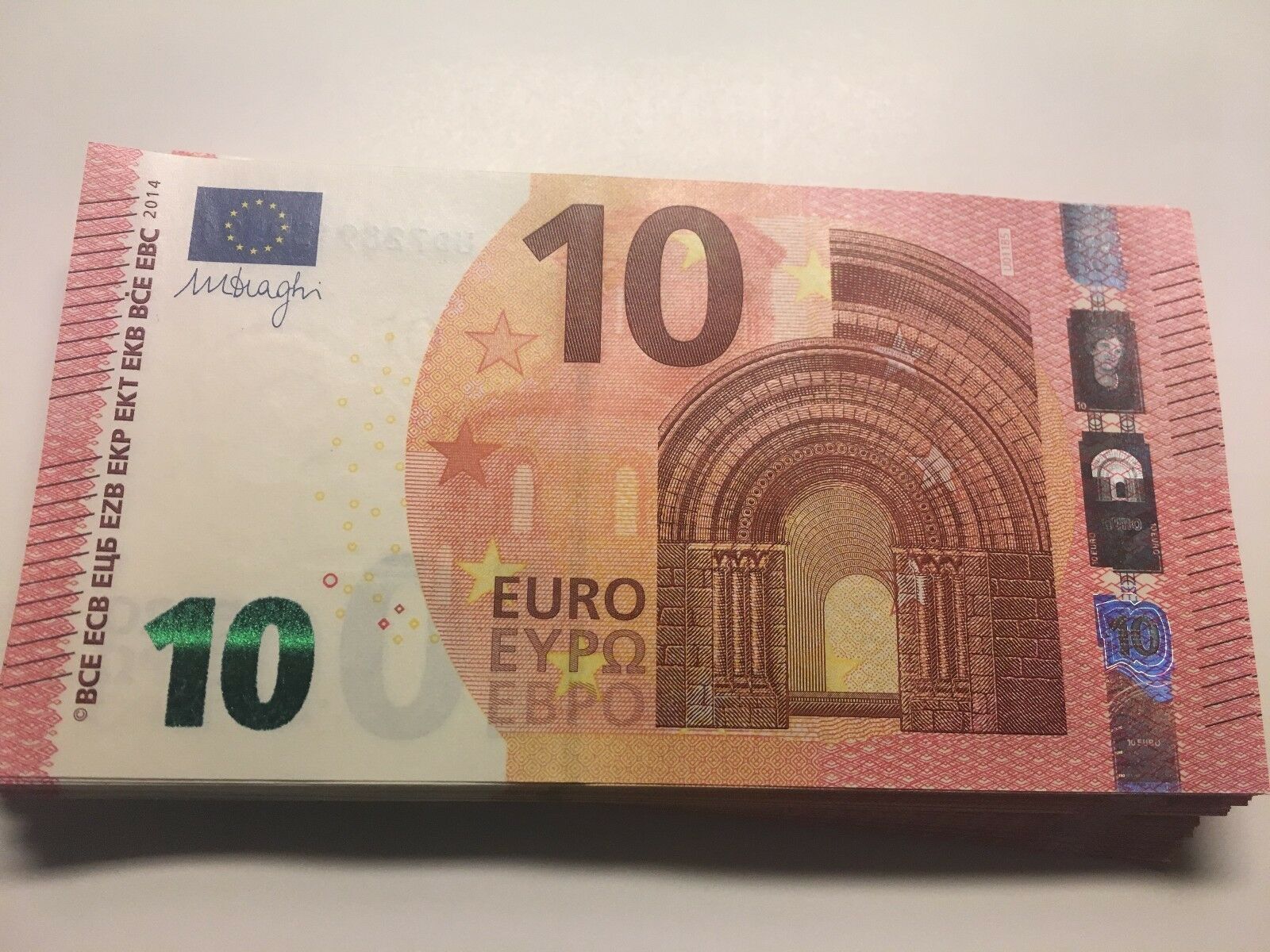-40%
GEORGIA 2020 100 ₾ Lari GEL UNC Stalin Polymer Souvenir Banknote EXTREMELY RARE!
$ 21.11
- Description
- Size Guide
Description
GEORGIA (Sakartvelo)100 (Hundred) ₾ Lari GEL 2020
UNC (Uncirculated)
Souvenir Banknote - No Legal Tender
Polymer
EXTREMELY RARE!
Size:
140 x 73 mm
Colour:
yellow/orange
Joseph Stalin
Joseph Vissarionovich Stalin[g] (18 December [O.S. 6 December] 1878 – 5 March 1953) was a Georgian revolutionary and the ruler of the Soviet Union from 1927 until 1953. He served as both General Secretary of the Communist Party of the Soviet Union (1922–1952) and Chairman of the Council of Ministers of the Soviet Union (1941–1953). Despite initially governing the country as part of a collective leadership, he ultimately consolidated power to become the Soviet Union's de facto dictator by the 1930s. A communist ideologically committed to the Leninist interpretation of Marxism, Stalin formalised these ideas as Marxism–Leninism while his own policies are known as Stalinism.
Born to a poor family in Gori in the Russian Empire (now Georgia), as a youth Stalin joined the Marxist Russian Social Democratic Labour Party. He went on to edit the party's newspaper, Pravda, and raised funds for Vladimir Lenin's Bolshevik faction via robberies, kidnappings and protection rackets. Repeatedly arrested, he underwent several internal exiles. After the Bolsheviks seized power during the October Revolution and created a one-party state under Lenin's newly renamed Communist Party in 1917, Stalin joined its governing Politburo. Serving in the Russian Civil War before overseeing the Soviet Union's establishment in 1922, Stalin assumed leadership over the country following Lenin's 1924 death. Under Stalin, socialism in one country became a central tenet of the party's dogma. Through the Five-Year Plans, the country underwent agricultural collectivisation and rapid industrialisation, creating a centralised command economy. This led to severe disruptions of food production that contributed to the famine of 1932–33. To eradicate accused "enemies of the working class", Stalin instituted the Great Purge, in which over a million were imprisoned and at least 700,000 executed between 1934 and 1939. By 1937, he had complete personal control over the party and state.
Stalin's government promoted Marxism–Leninism abroad through the Communist International and supported European anti-fascist movements during the 1930s, particularly in the Spanish Civil War. In 1939, it signed a non-aggression pact with Nazi Germany, resulting in the Soviet invasion of Poland. Germany ended the pact by invading the Soviet Union in 1941. Despite initial setbacks, the Soviet Red Army repelled the German incursion and captured Berlin in 1945, ending World War II in Europe. The Soviets annexed the Baltic states and helped establish Soviet-aligned governments throughout Central and Eastern Europe, China, and North Korea. The Soviet Union and the United States emerged from the war as global superpowers. The tensions that arose between the Soviet-backed Eastern Bloc and U.S.-backed Western Bloc became known as the Cold War. Stalin led his country through the post-war reconstruction, during which it developed a nuclear weapon in 1949. In these years, the country experienced another major famine and an antisemitic campaign peaking in the doctors' plot. After Stalin's death in 1953, he was eventually succeeded by Nikita Khrushchev, who denounced him and initiated the de-Stalinisation of Soviet society.
Widely considered one of the 20th century's most significant figures, Stalin was the subject of a pervasive personality cult within the international Marxist–Leninist movement, which revered him as a champion of the working class and socialism. Since the dissolution of the Soviet Union in 1991, Stalin has retained popularity in Russia and Georgia as a victorious wartime leader who established the Soviet Union as a major world power. Conversely, his totalitarian government has been widely condemned for overseeing mass repression, ethnic cleansing, wide-scale deportation, hundreds of thousands of executions, and famines that killed millions.
Please note: Banknote serial number may vary from the photo.
For other Georgian banknotes and coins please view my other items.
GOOD LUCK!!!
